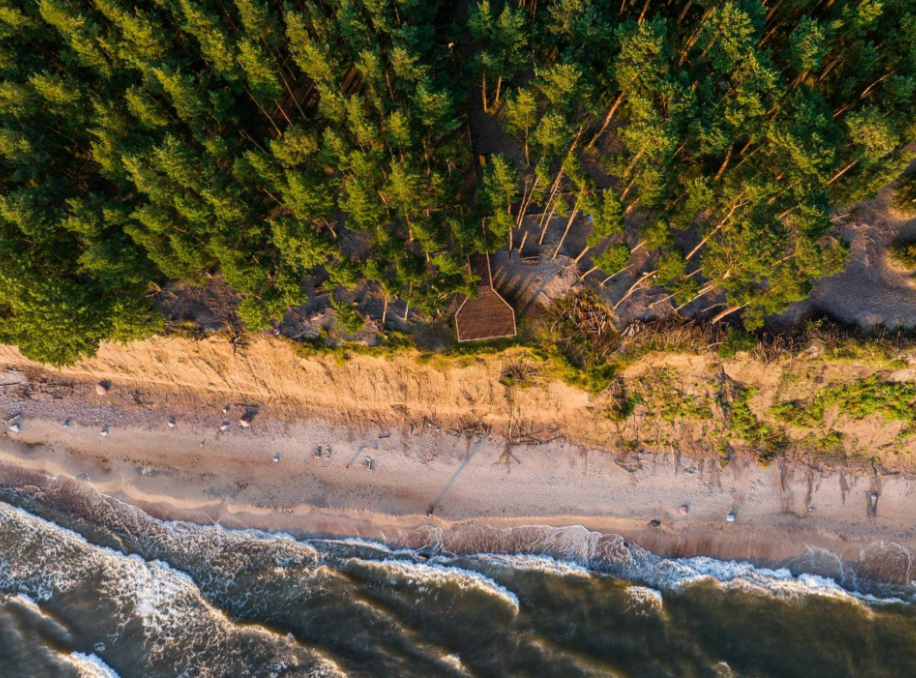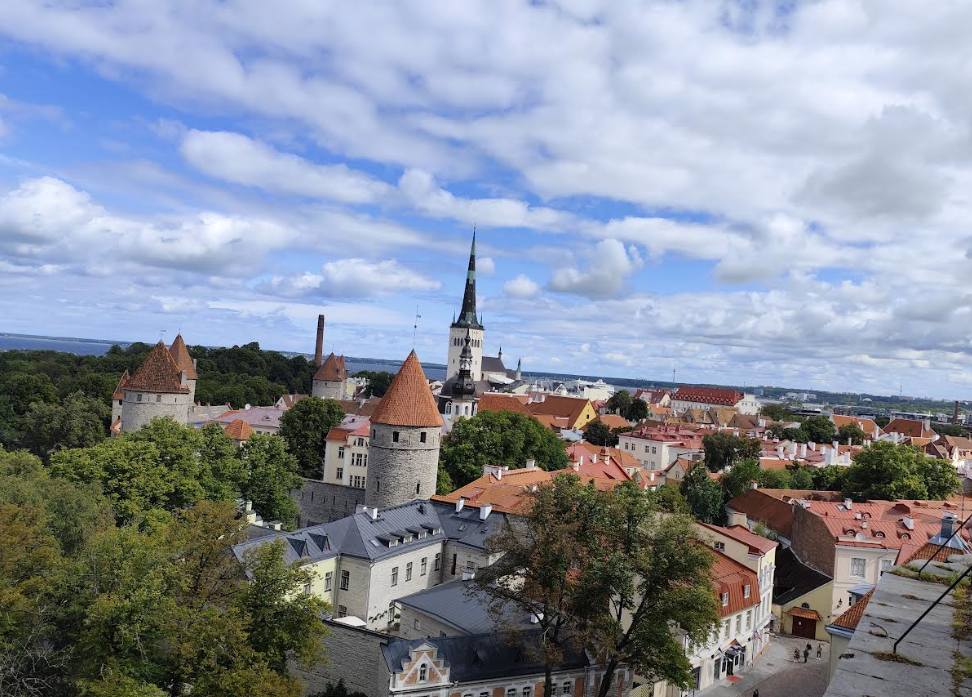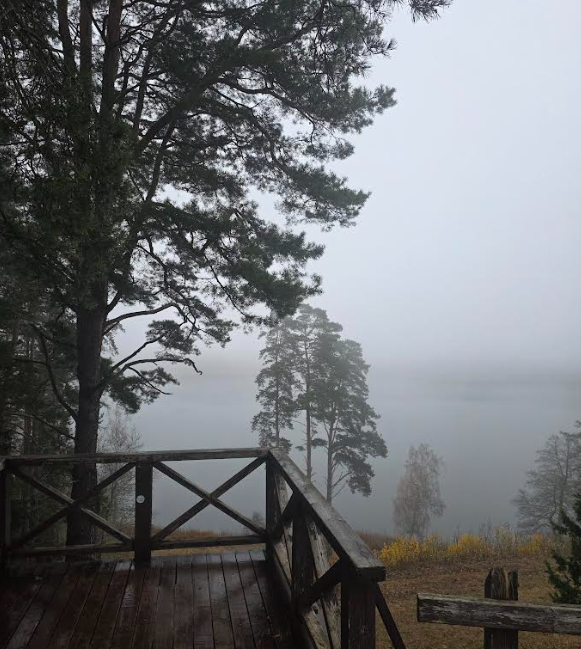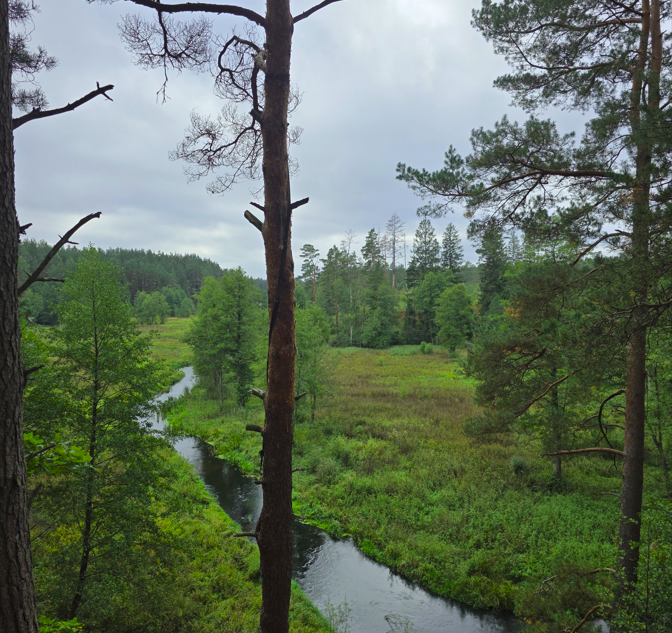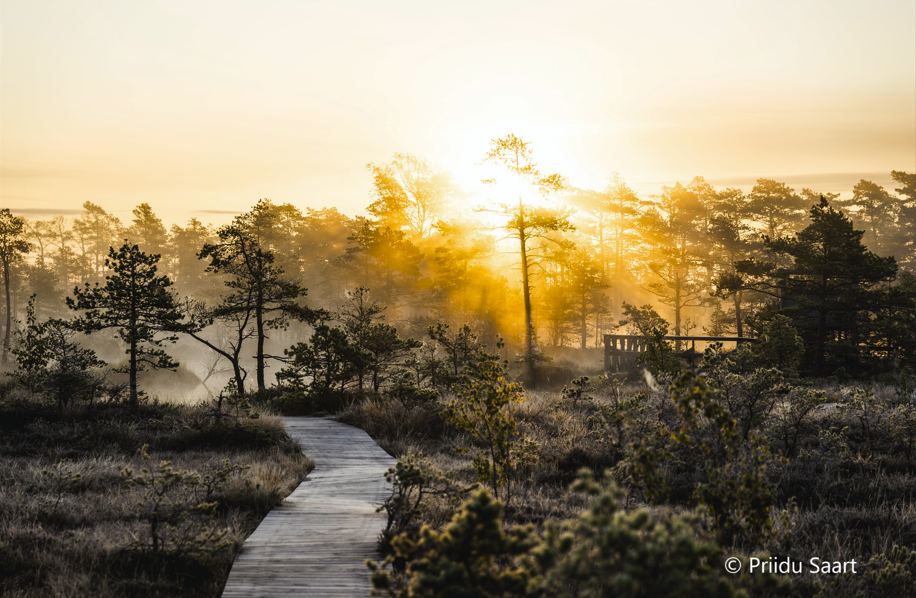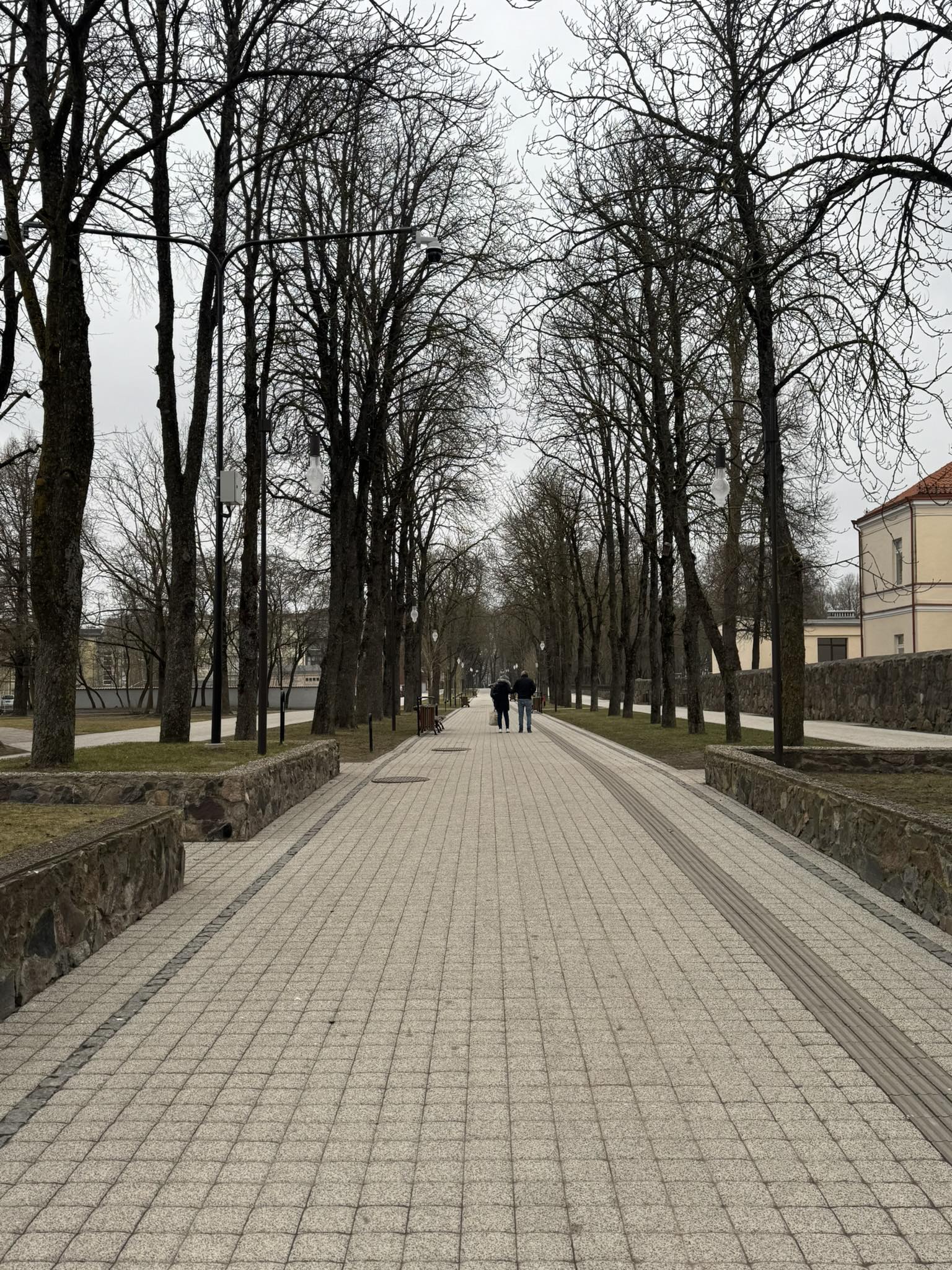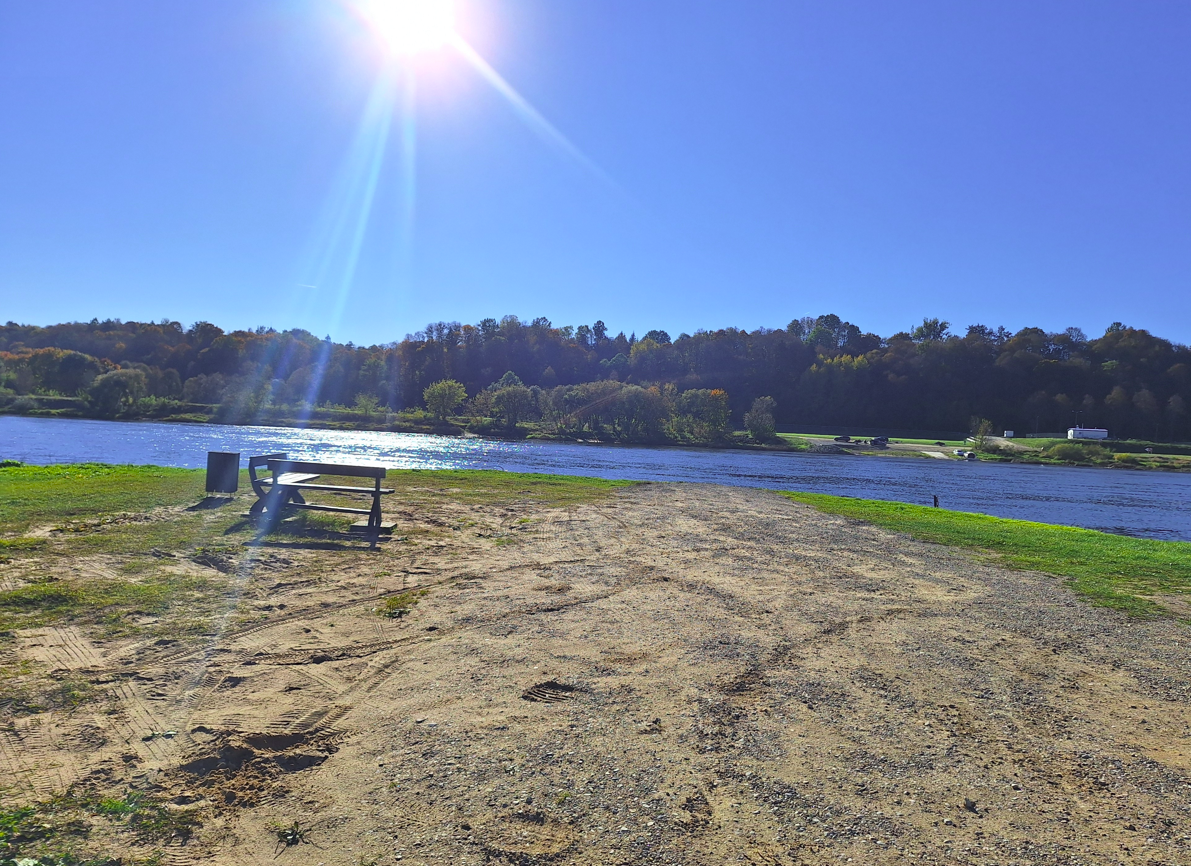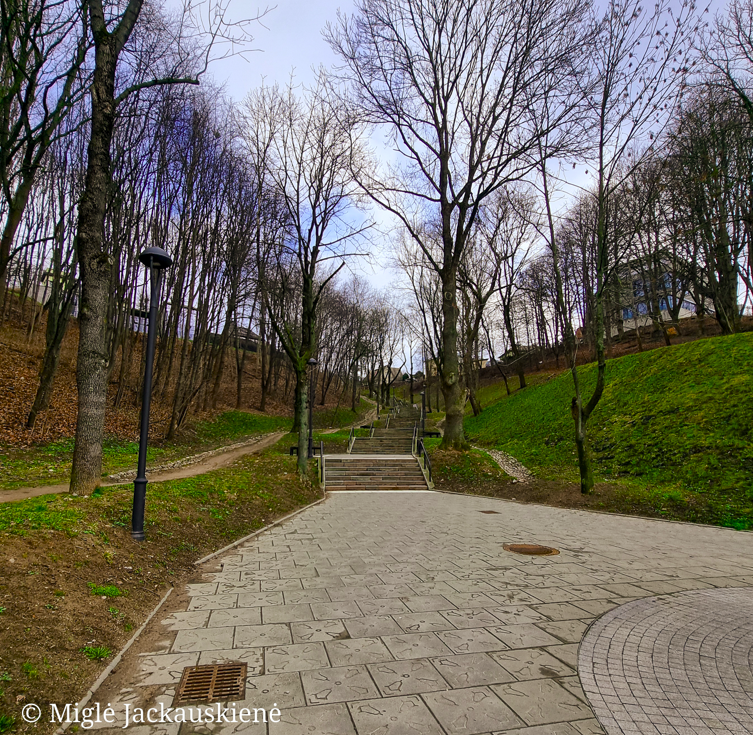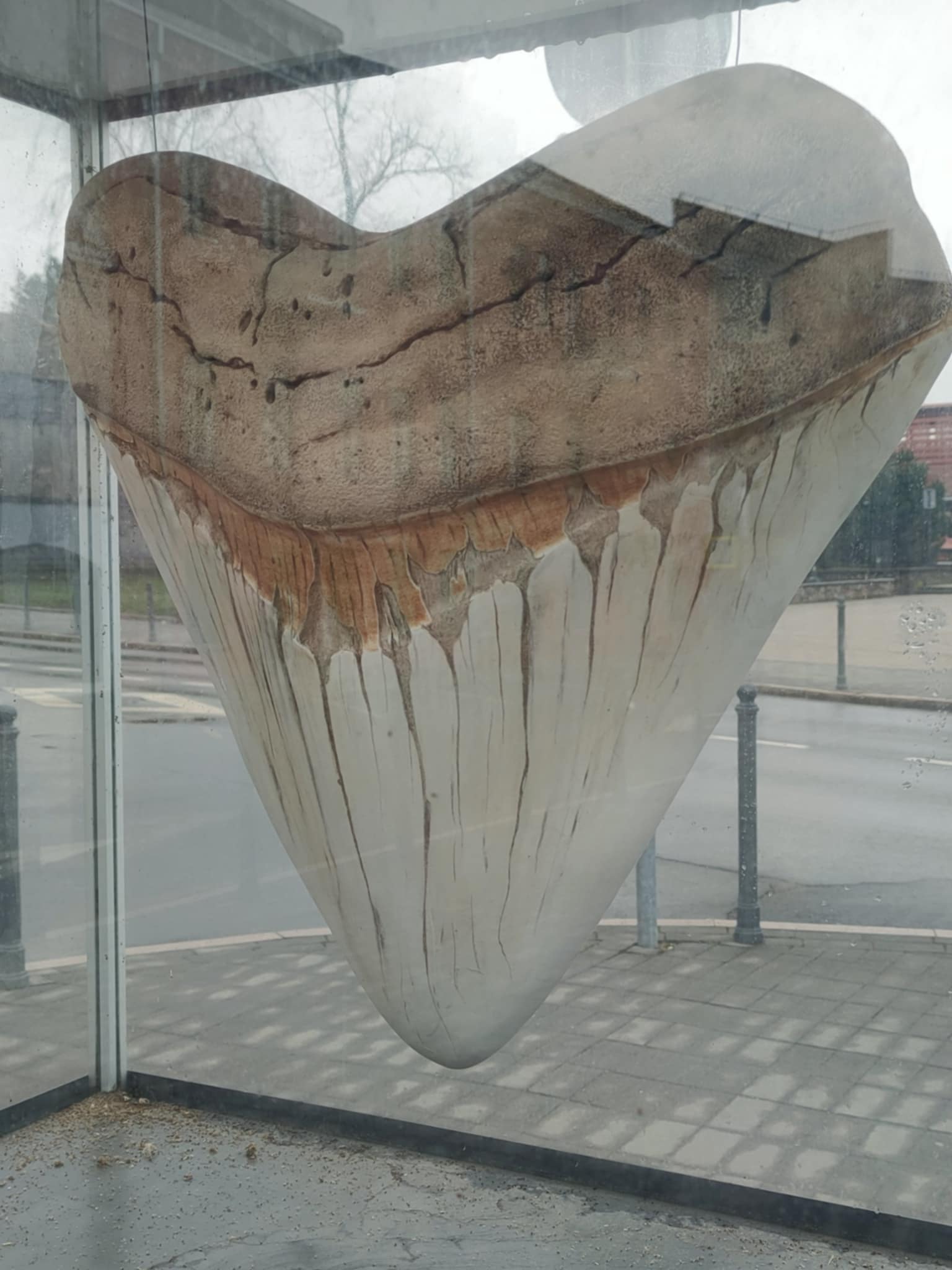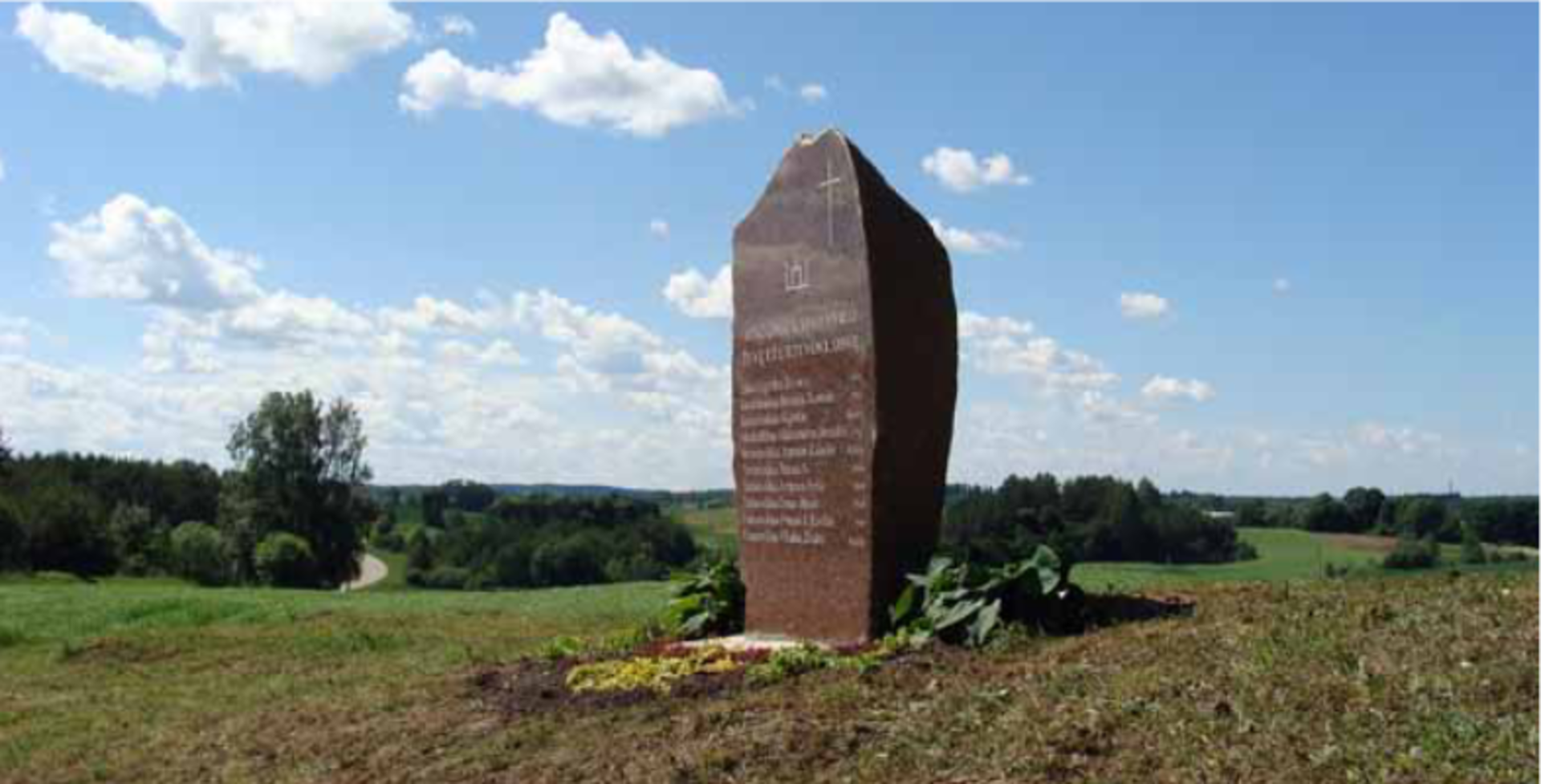Lithuanian Partisan Combat and Death Site (Ginčionių Village)

364

0

0
0 out of 5
(0 reviews)
In this area, there are two monuments dedicated to honoring the partisans from Ginčionių village who fell for Lithuania's freedom, including Jonas Kukučionis-Bastūnas. Between 1946 and 1948, partisans from Captain Juozapavičius' group established a hideout in a dogwood bunker located at the Kavaliauskas homestead. Bronius Kavaliauskas, the leader of the partisan squad, hid in a bunker made from a potato pit at his parents' homestead. Here he took an oath, received a weapon, and became a partisan known as Jaunučius.
Info
-

Historical Heritage
-
In this area, there are two monuments dedicated to honoring the partisans from Ginčionių village who fell for Lithuania's freedom, including Jonas Kukučionis-Bastūnas. Between 1946 and 1948, partisans from Captain Juozapavičius' group established a hideout in a dogwood bunker located at the Kavaliauskas homestead. Bronius Kavaliauskas, the leader of the partisan squad, hid in a bunker made from a potato pit at his parents' homestead. Here he took an oath, received a weapon, and became a partisan known as Jaunučius.
His sister Antosė assisted the partisans as a messenger. She brought food, washed clothes, and provided information about events in the area. Another bunker
was set up in the Kavaliauskas barn, which partisans frequently visited, and partisan leaders were often present in this hideout. On the early morning of March 14, 1951, while Bronius was sleeping in the bunker set up in the potato pit, Soviet soldiers and stribai surrounded the homestead. They ordered Bronius to surrender, but not wanting to fall into their hands, he chose death and shot himself.
Bronius' body was thrown into the Seiriai market square, and his sister Antosė was arrested and placed in a Soviet prison cellar. His body was buried in Seiriai, near the German cemetery, and on October 27, 1990, it was reinterred in the common grave of Seiriai partisans.
Found a mistake?
Report

 Entertainment
Entertainment
 Food establishments
Food establishments







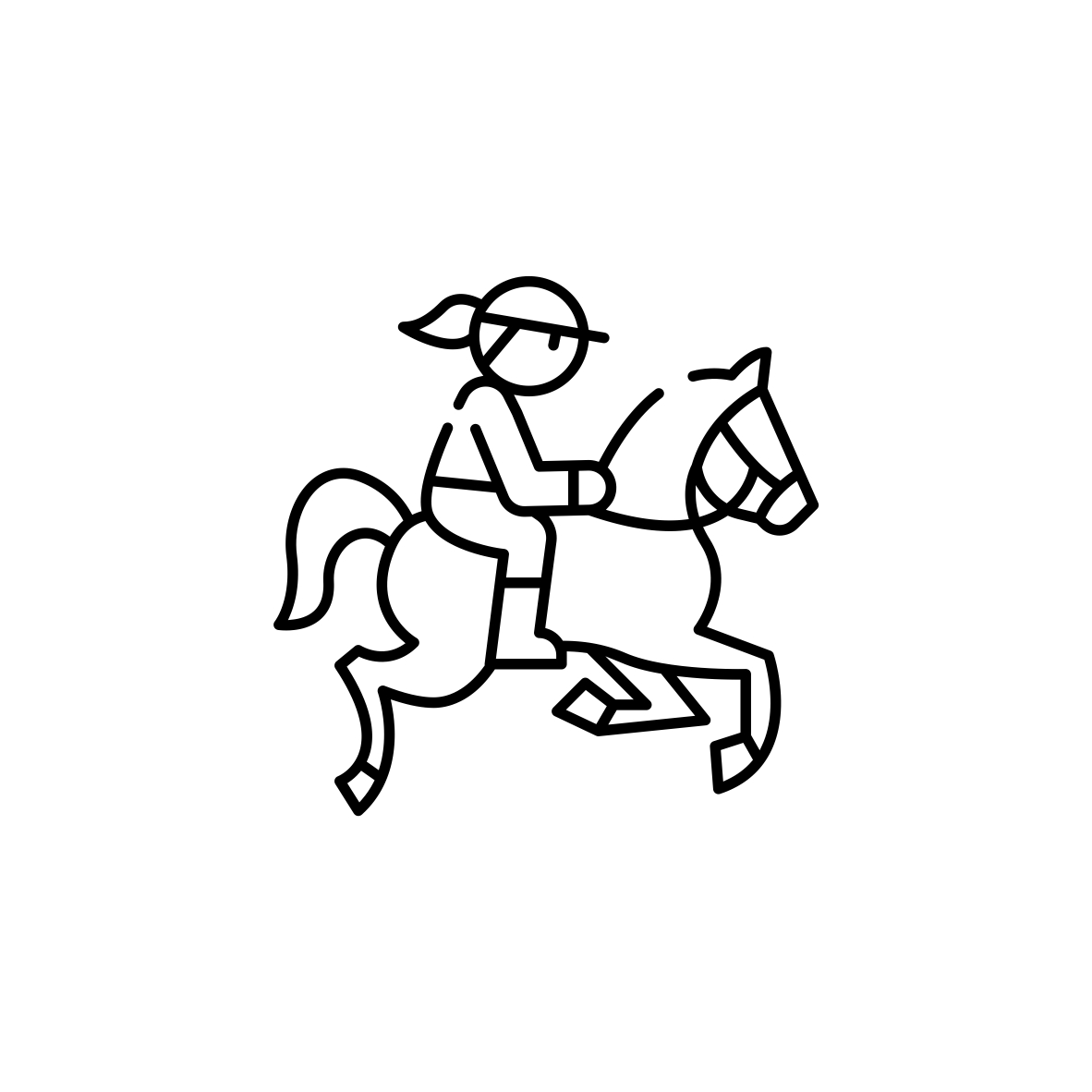
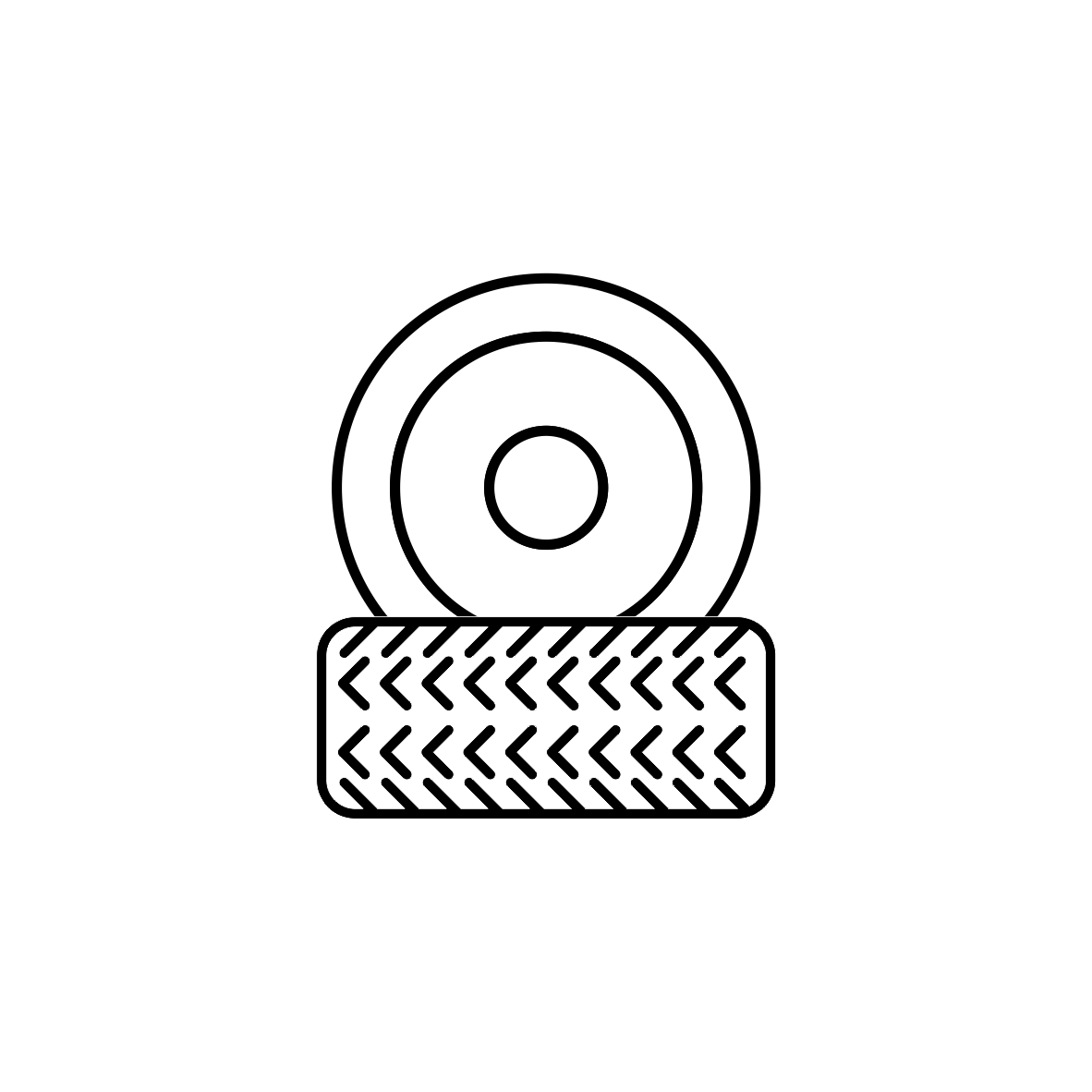
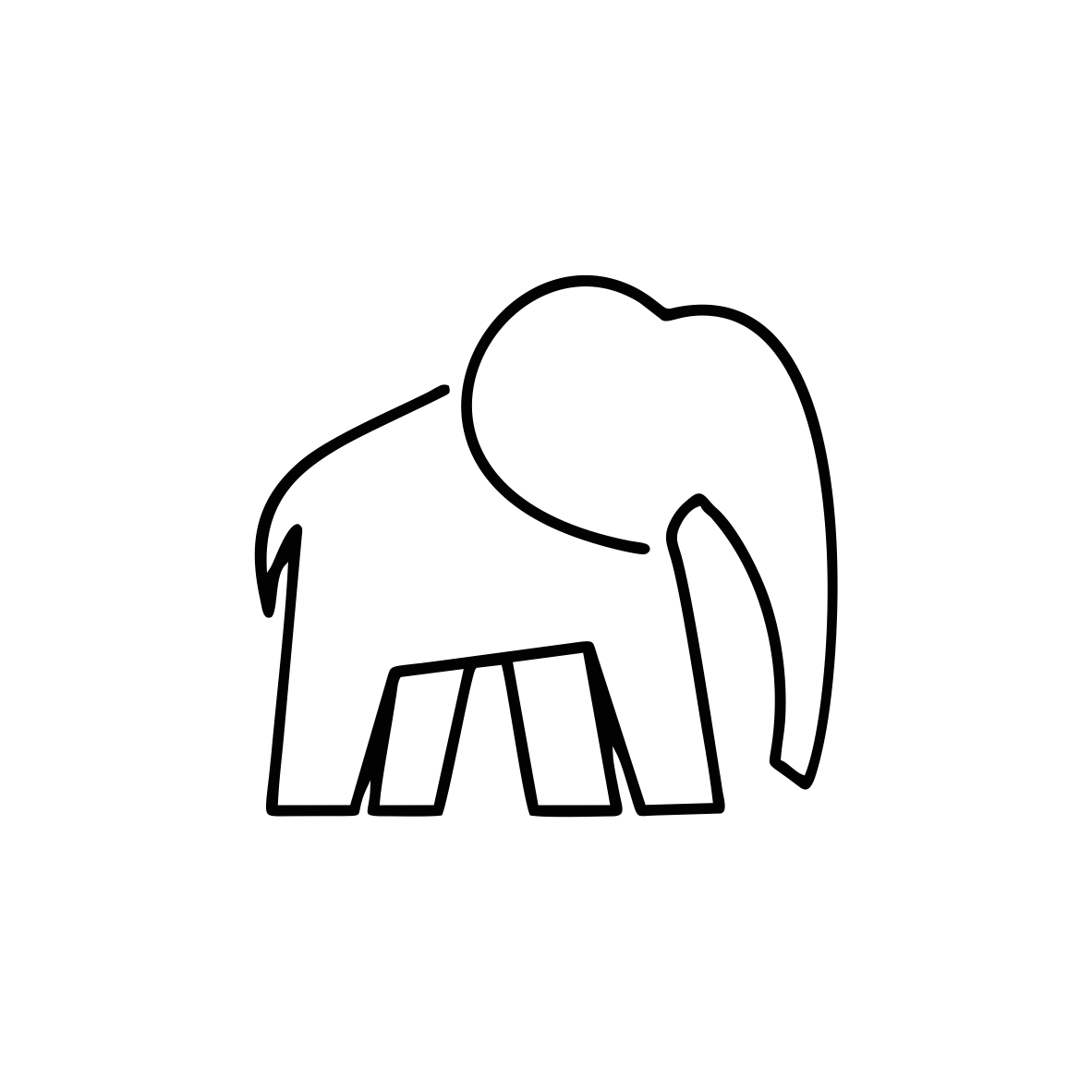
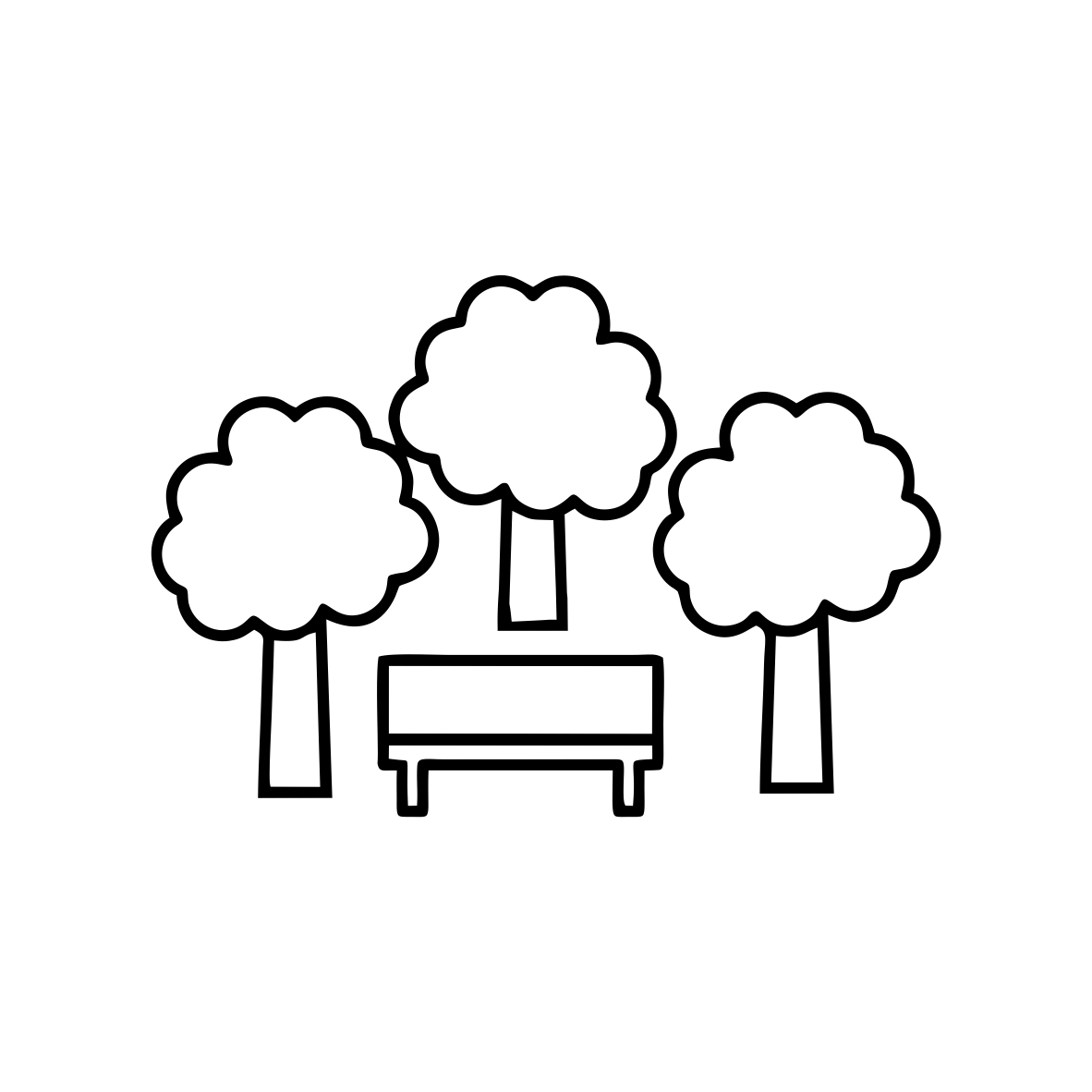
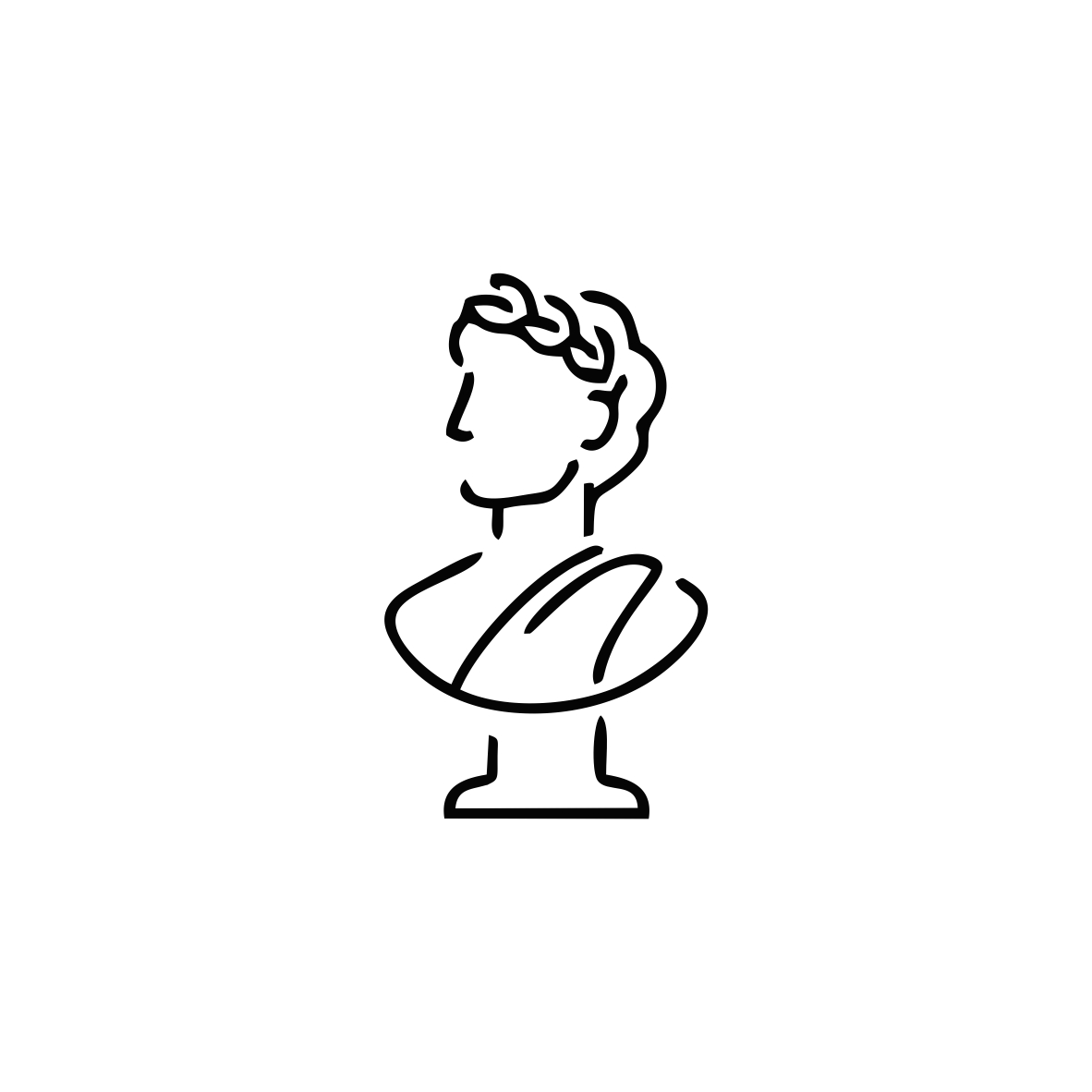

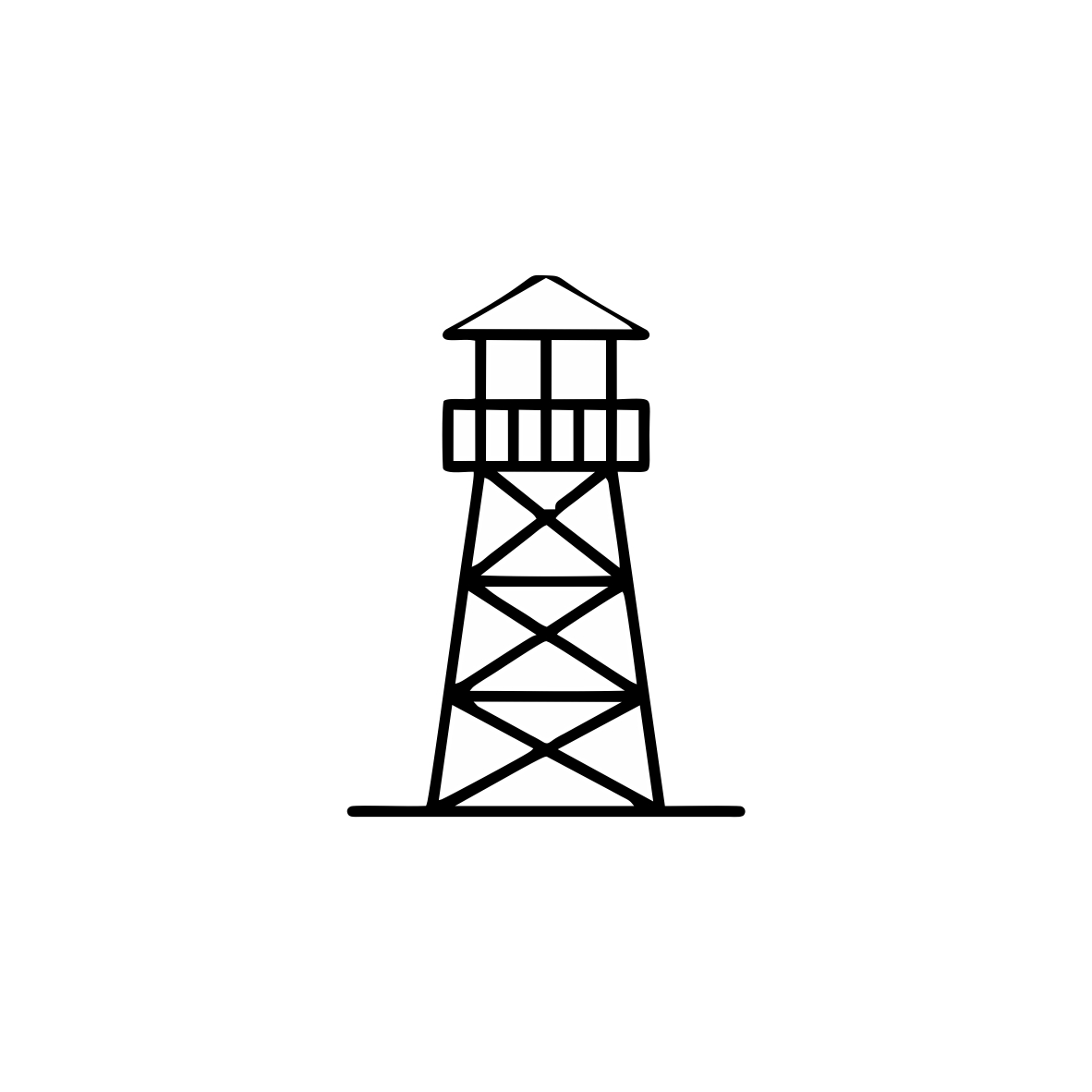

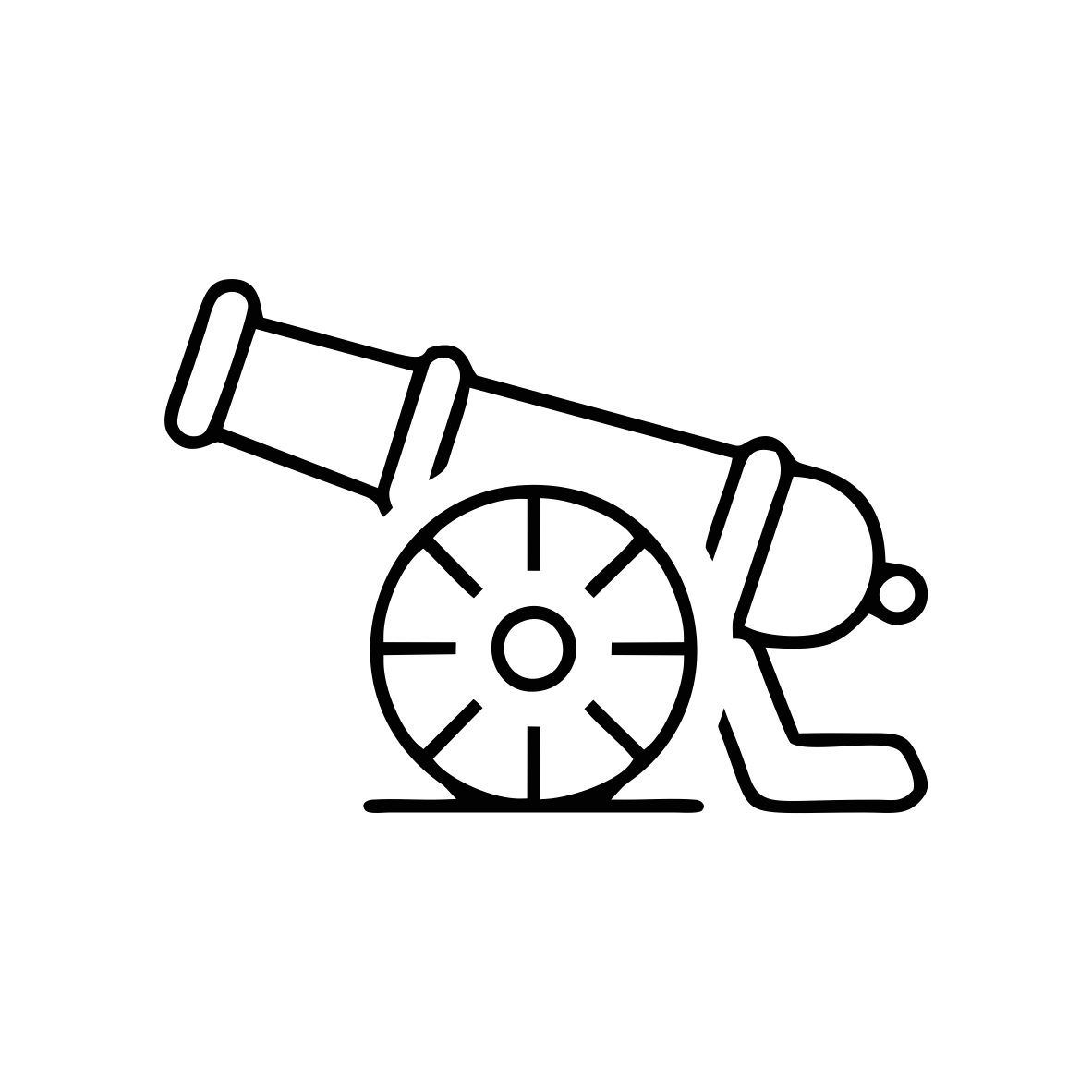
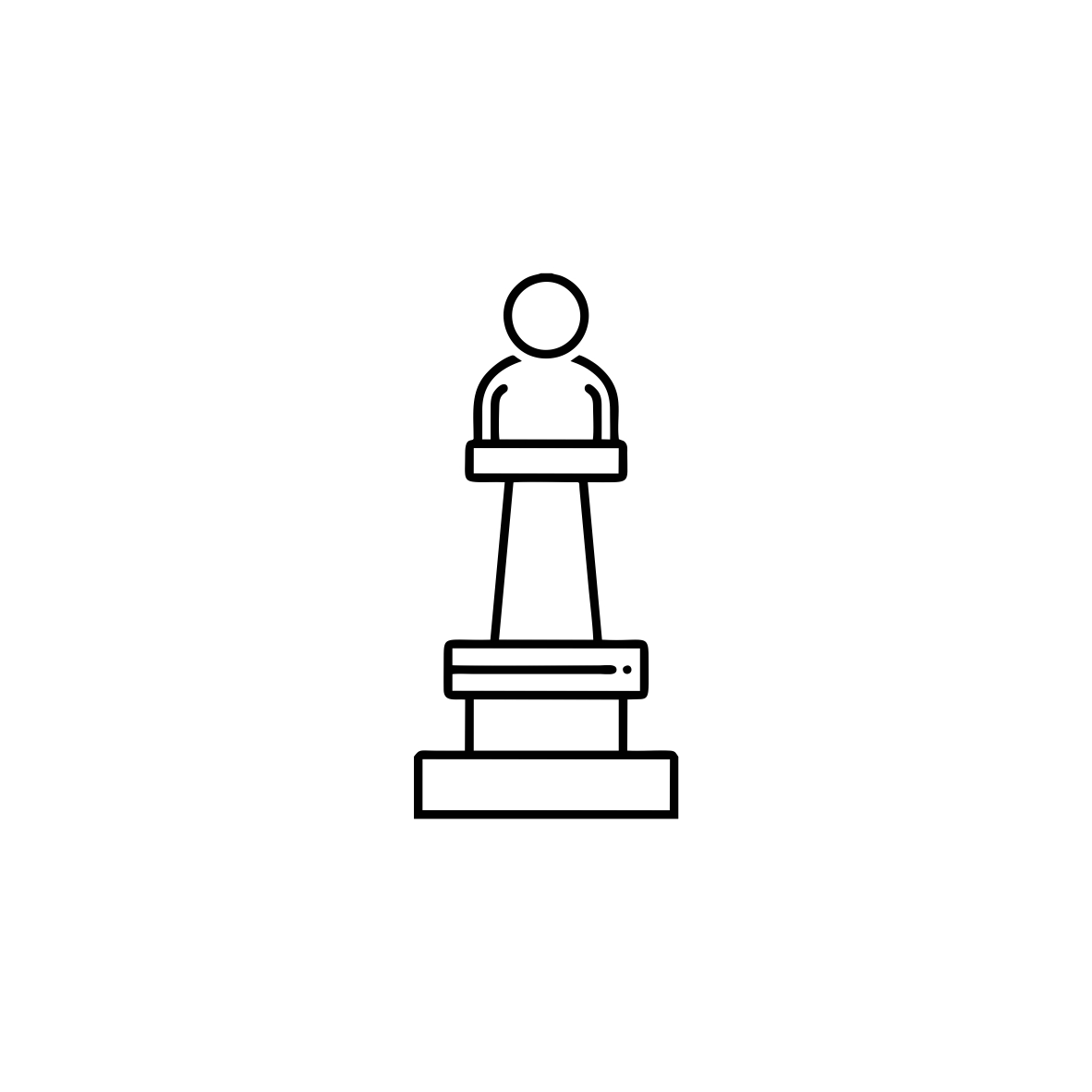
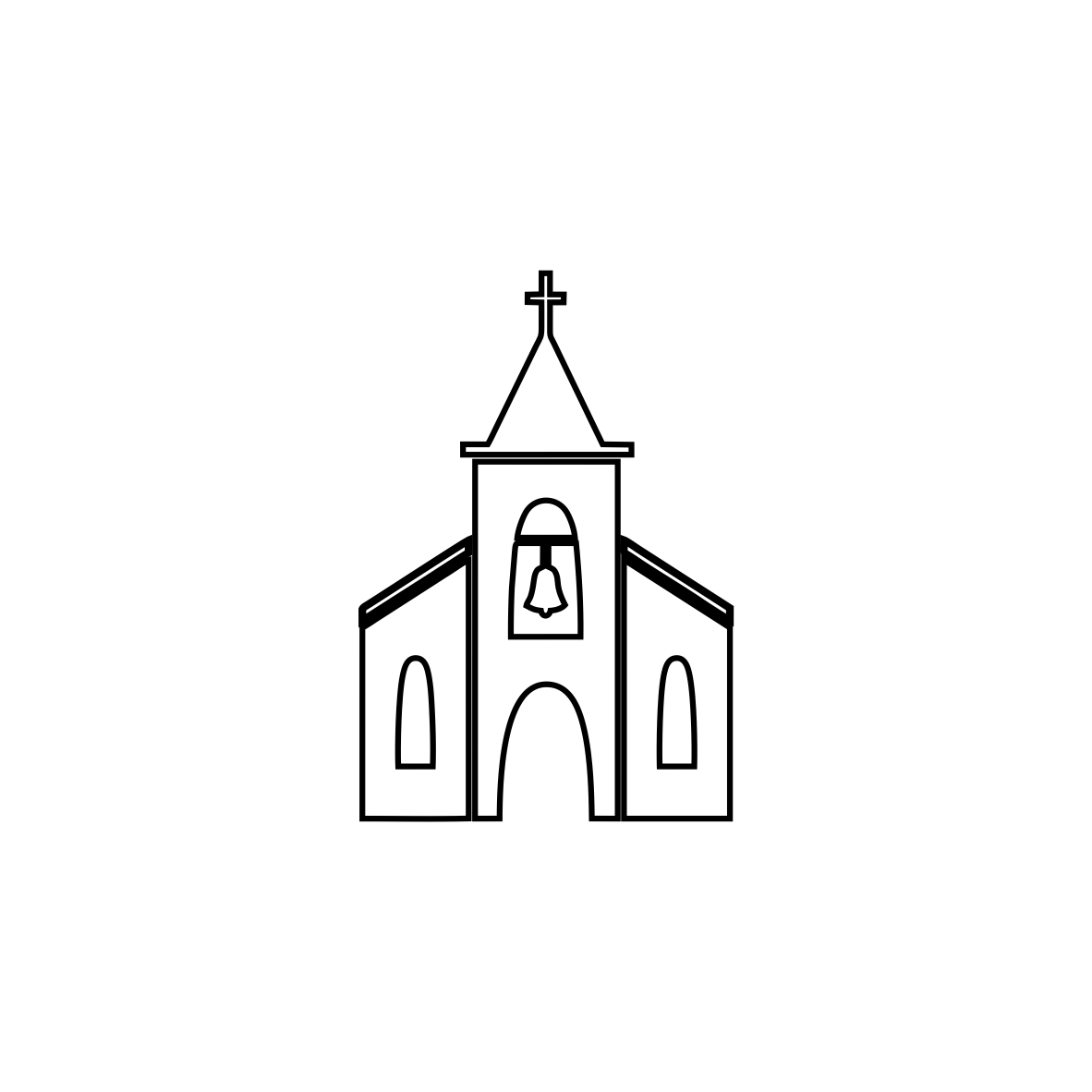
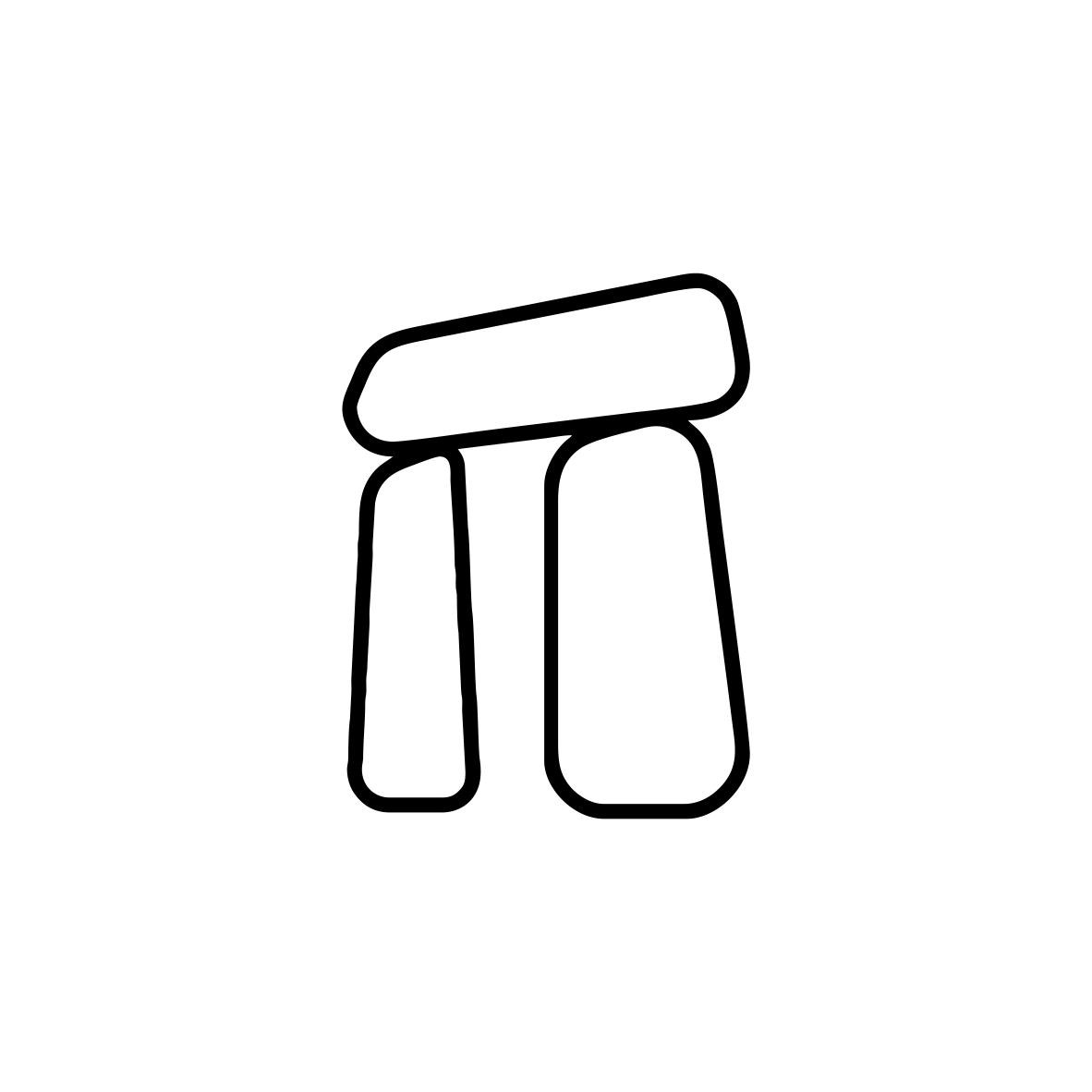


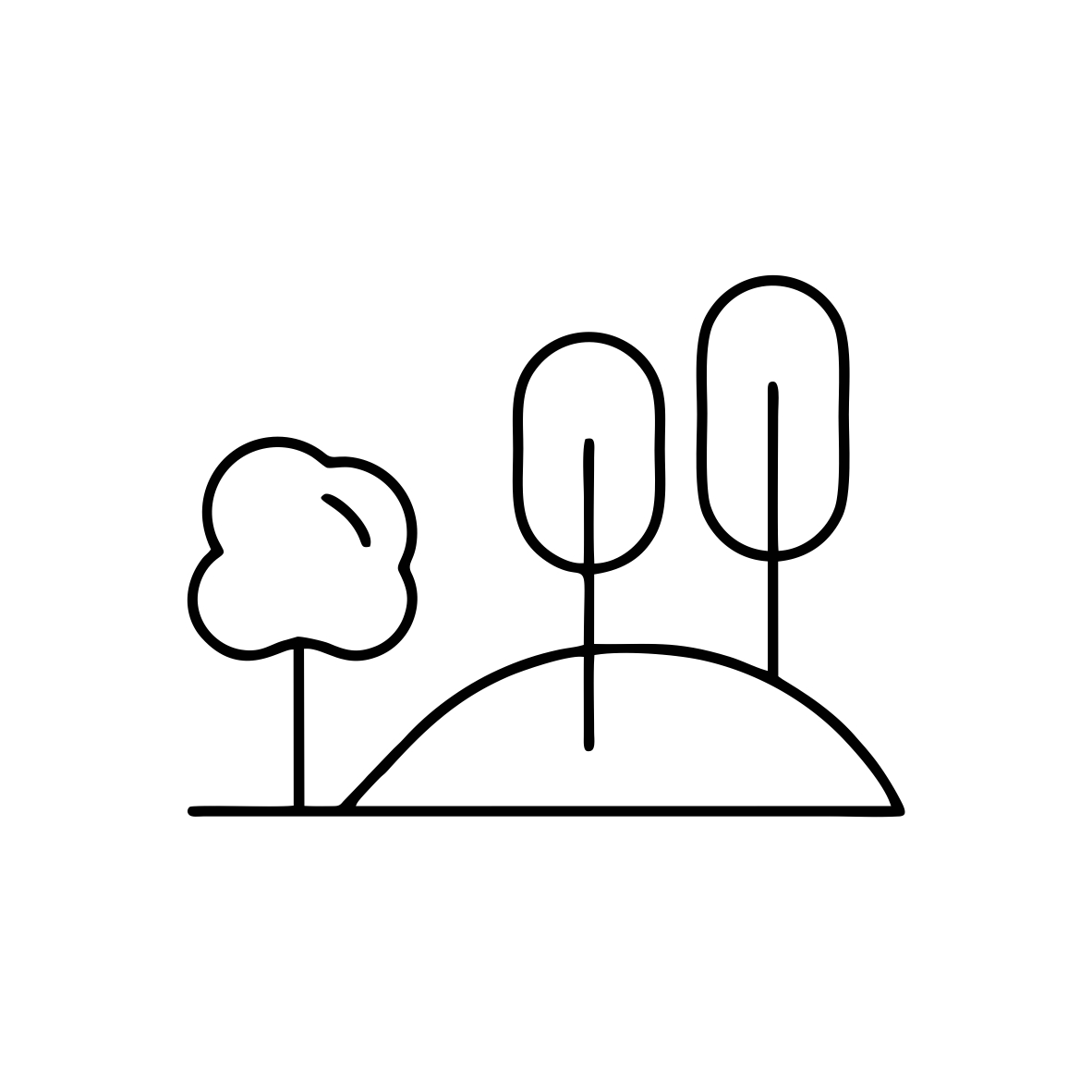
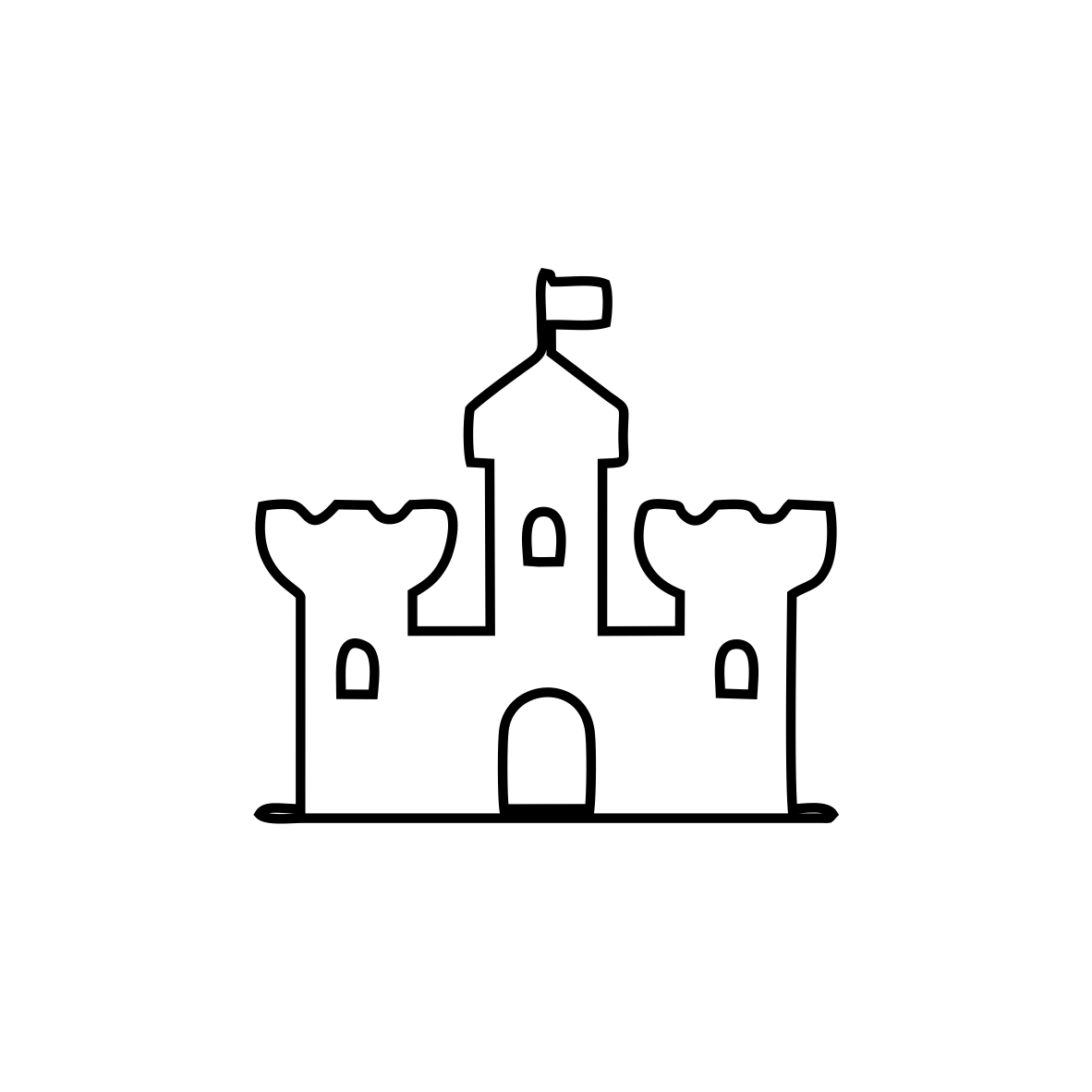
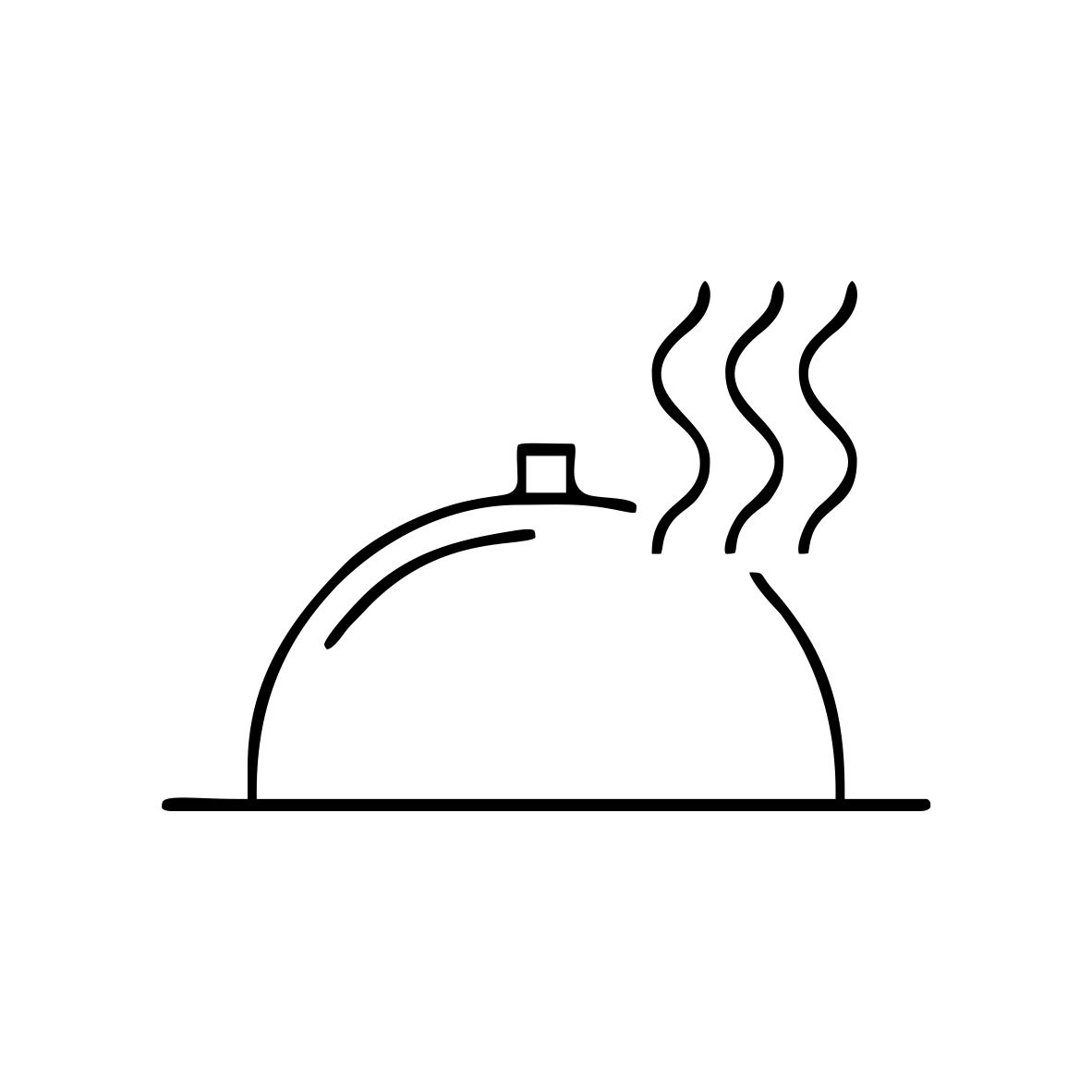
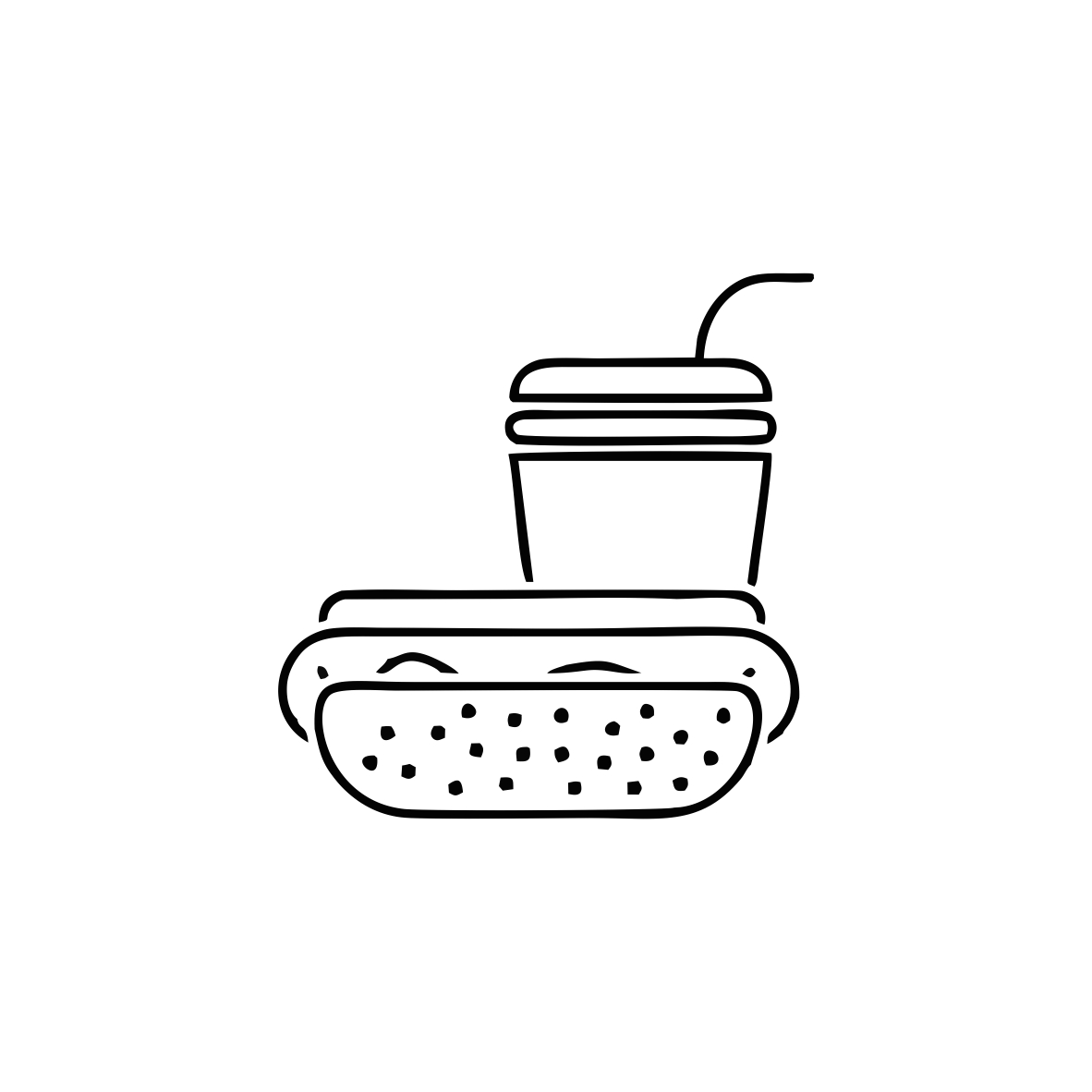



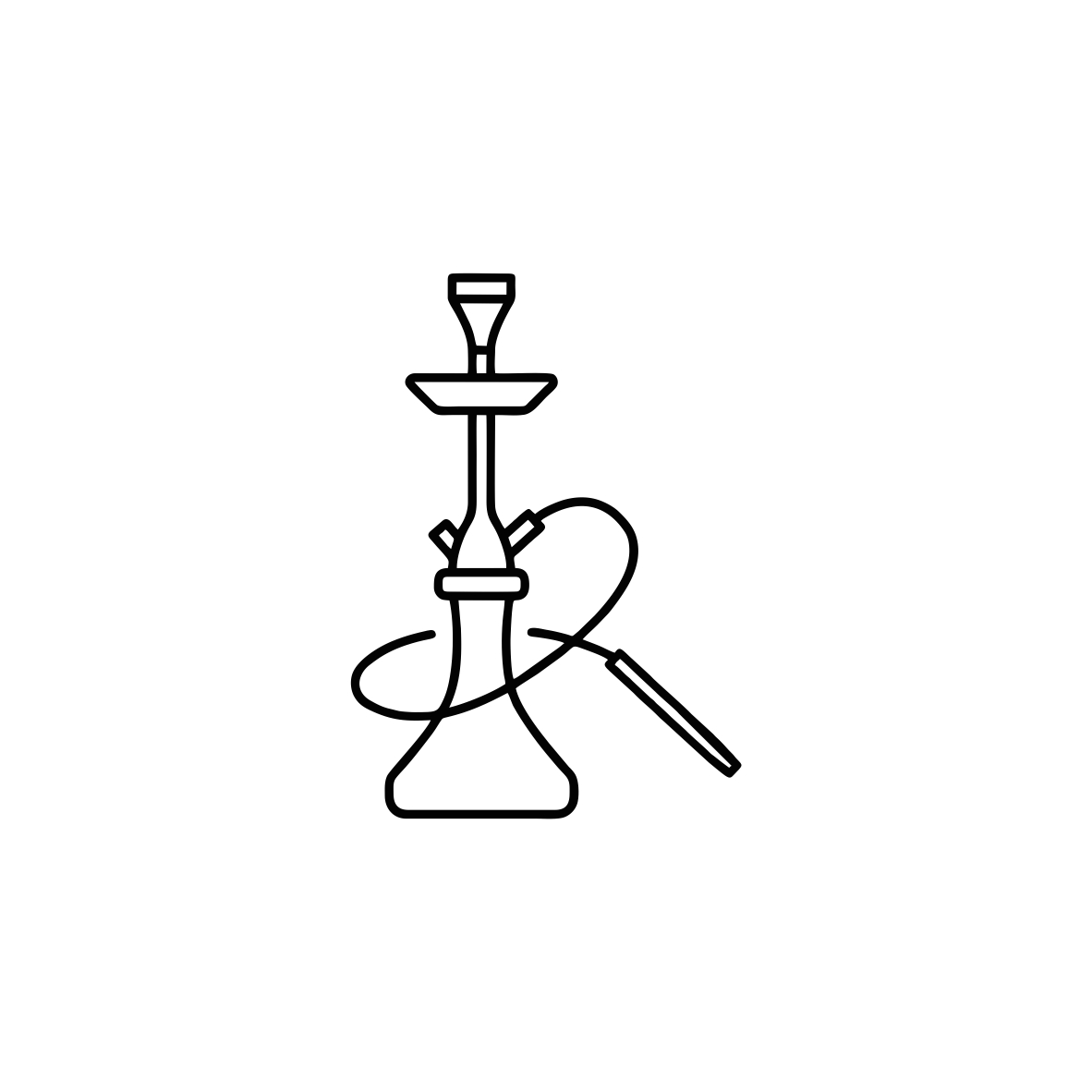
 54.245055, 23.86419
54.245055, 23.86419
 Get directions
Get directions